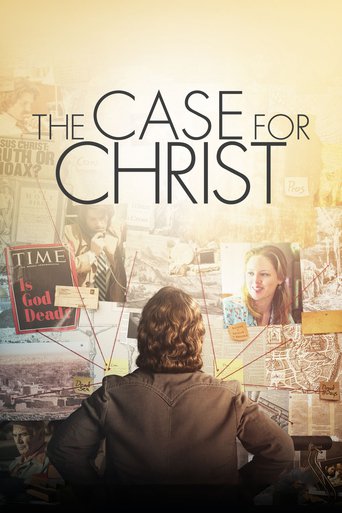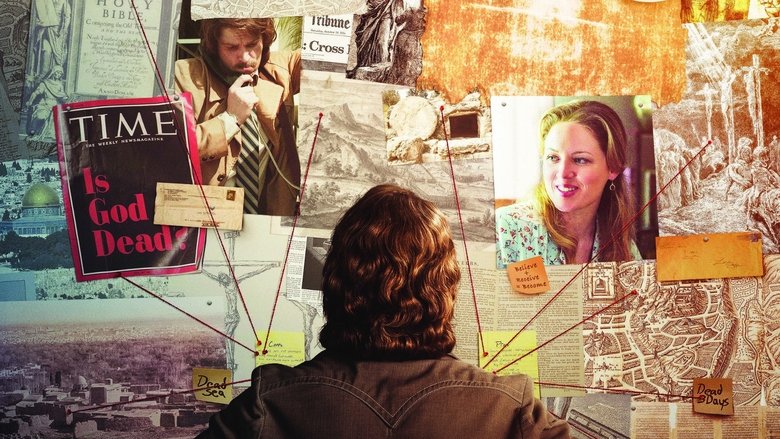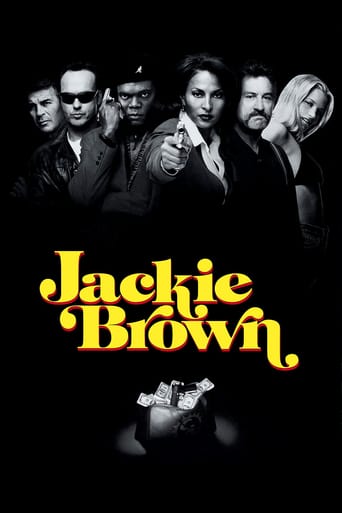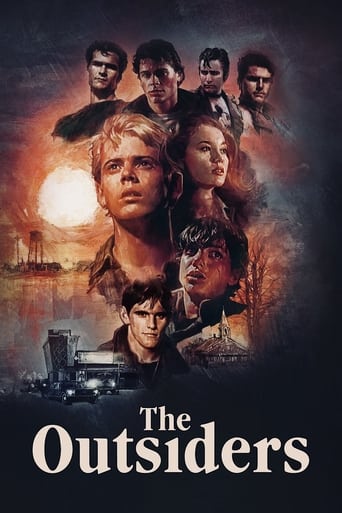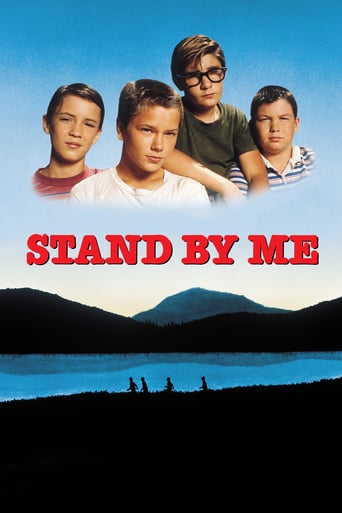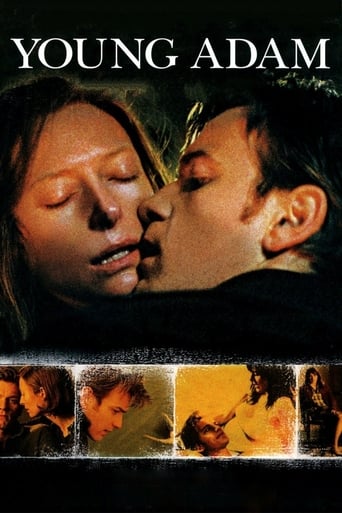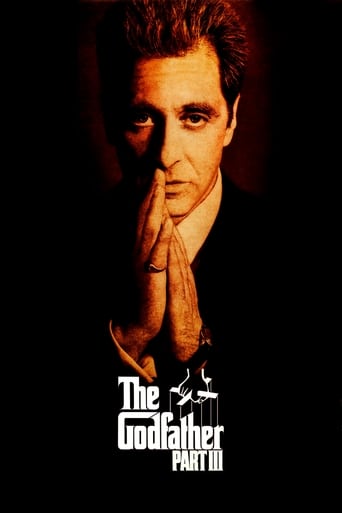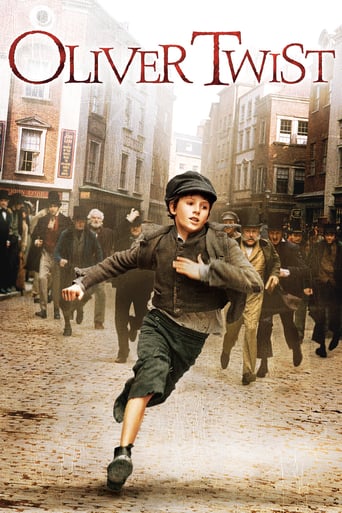The Case for Christ (2017)
Based on the true story of an award-winning investigative journalist -- and avowed atheist -- who applies his well-honed journalistic and legal skills to disprove the newfound Christian faith of his wife... with unexpected, life-altering results.
Watch Trailer
Cast


Similar titles
Reviews
Memorable, crazy movie
How sad is this?
This story has more twists and turns than a second-rate soap opera.
The film's masterful storytelling did its job. The message was clear. No need to overdo.
As an atheist, he was upset with his wife's newly found faith. Atheists don' t get disturbed by other people's choice of faith. It is the core of atheism. This movie, obviously had a Christian agenda, so the framework of atheism is fake. Cheap and shallow plot.
Steven Pinker once said that if you have an ideology you shouldn't read books that reinforce your ideology. Instead you should read books that contradict your ideology. Perhaps you will find out that you are wrong. Well, I am not a religious person. But following Pinker's advice, I decided to give this movie a try. What can I lose besides my lack of faith, right? The Case for Christ may be a little better than God is Not Dead when it comes to plot and characters. At least we don't have Kevin Sorbo as the staunch, always-moody atheist who hates God. Instead we have Lee Strobel as an skeptical reporter who (shocker!) will eventually become a Christian after learning about the existence of Christ and his resurrection.If someone thinks that Strobel found evidence that Jesus was real, or that God is real, that person is wrong. Strobel himself, being a reporter and having been involved in court-cases, should know that any other case not involving religion would throw his evidence in a garbage can. It says so in a book, so it is true does not prove anything, and neither does what he feels about his faith or anyone else's. Feelings are not facts and neither are books. Otherwise, we'd find ourselves concluding that Islam, Christians, Hindus, Jews, and Mormons are all right, and all you need is a little logic to know that you can have multiple facts being true all at once. In the end, The Case for Christ preaches to the converted. In the process, it adds sad music to the background to appeal to your emotions, and perhaps bring a few tears out of your eyes. As for me, I think it is a festival of flawed logic, and poor evidence concealed as undeniable facts.
Unlike Pure Flix's previous efforts, it's evident that thought was put into The Case for Christ, and not just through residual elements from the book. For instance, the cinematography is well-done, there's a semblance of style in the editing, and the production design is constructed with intent and care (even if major aesthetic cues are taken from This Is Us). The acting is usually competent to moderately good, and even the musical score is above average (even if clearly temped with the Downton Abbey theme song, or perhaps even Yeong Wook-Jo's score for The Handmaiden, which is no fault of the composer's because they still did a good job). There are production flaws I could nitpick, but fascinatingly, if you strip away the sly propaganda and fundamentalist blind spots then you actually have an astoundingly average movie! It's even seemingly thoughtful at times, making this easily the studio's crowning achievement. But does it hold up upon a closer look? It's imperative to differentiate between both the author of the original book and the screenwriter who adapted it, since all of the film's thoughtfulness can be presumed as the contribution of the first. I'll commend the source material (assuming it was adapted faithfully), for crafting a multi-faceted narrative with interlocking themes, and I'll commend the studio for telling their first focused story. The film has a beginning, middle, and an end, with elements such as the police shooting and Strobel's relationship with his father serving as parallel narrative lines with clear intent and thematic relevance. Naturally, I don't agree with the arguments behind these narratives, but the studio formed an actual argumentative structure this time and that's a milestone worth celebrating. I'll also congratulate Pure Flix for not using a painfully literal deus ex machina this time (though this probably shouldn't be considered an accomplishment). I mention this because one of the most irritating, scathingly terrible facets of typical Christian storytelling is that instead of having characters evolve on their own, an act of God will change the status quo instead, effectively leading to hollow character arcs and a dubious or muddled overarching argument. Back to the writers...It's evident that the original story was crafted by someone with a more rounded perspective, but was then re-written by an individual with a constricted capacity for understanding. Lee Strobel is poor at being an atheist, and since it's biographical I can content myself with his inadequate yet very human reasoning skills. Whether or not his quality of character really was as deplorable as depicted however can make a significant difference. If it's not a biographical truth, it's an (perhaps unwitting) practice in the art of offensive stereotyping. No atheist that I've ever met or listened to (who fully understands why they do or don't believe what they do), would say the things Strobel says to his family because of his atheism. The first glaring example is when Lee tucks his daughter into bed, and declares "We're atheists". Though they may be incidentally atheist (categorically speaking), most self-describing atheists would actually be opposed to imposing empirical religious views of any kind on an impressionable child, and would instead take a more agnostic approach, preferring the virtue of possibility and how to assess it from a reasonable standpoint. Lee's wife actually asks about that in the film: they had apparently agreed not to force anything on their child, but Lee dismisses it in a completely unreasonable manner for no reason made apparent by the film. Later on, Lee threatens to leave his wife and children because he can't cope with their sudden, "troubling" turn to Christianity. I wouldn't be surprised in the slightest if this dynamic was artificially introduced in the screenplay, though if it was accurate to the original story then Lee has psychological issues that the film didn't adequately explore. For instance, he only acts like a normal, loving human being again when he's adopted the Christian faith, effectively pinning his character flaws on his atheism rather than, say, his obsession with work or his alcoholism. Besides being a blatant misrepresentation and misunderstanding of nonreligious viewpoints, this film is subverted with negativity towards other perspectives that contradict the attempted message of understanding between people with different views. There's a line of dialogue in the latter half about Islam that hits the nail in the coffin when it comes to a broader sense of arrogance and lack of perspective on the filmmaker's part. The tastelessness here may not be as on-the-nose as God's Not Dead, but it's still there.Now for the part where the film attempts to construct a solid argument to reaffirm their preconceived beliefs... To be fair, they aren't making up examples out of the blue or fabricating sources of any sort, and what they present does not feel outwardly malicious to me. However, many of their arguments rely heavily on presuppositions, wishful interpretations, and false consensus. For example, several of the experts they consult upon further research were already part of the fundamentalist crowd, and do not represent any kind of authoritative consensus. In fact, the actual consensus I've discovered for most of the film's claims are a resounding "maybe". (In other words, they really don't know.) There's evidence to suggest that Jesus was a person who existed, but nothing solid regarding the resurrection, which they would have discovered had they consulted a wider variety of sources. Regarding the quantity of copies published, I'm simply not convinced. When the Iliad was written, people were well-aware that it was fiction (an astute observation made by my sister), and hence the number of copies made don't apply to some kind of historical accuracy. Furthermore, arguing that the bible is more accurate because it printed more copies is like saying that Fifty Shades of Grey is quality literature because it's a bestseller. I don't have much more to say there, that one just seems apparent. There is still some trickery involved though, specifically regarding how the language of film is used to present their arguments (or non-arguments, as I often found was the case).To elaborate, there are various instances of pseudoargumentative nature that are rather sneaky in execution. For example, there's an instance early on where someone says "People don't willingly drink poison for something they know is a lie." This part is reasonable, easily true, and inoffensive. Then, he says "If Christians knew it was a hoax, why would they die for it?" THIS however, is a statement that essentially argues nothing. The fact of the matter is, if it WAS a hoax, these people clearly thought it wasn't, or simply didn't know. This statement is at its core a neutral observation of a simplistic sociological function, and serves as a deterrent from an actual point, neglecting to address any details regarding the resurrection or to elaborate on the aforementioned additional sources. Then the film inserts quasi-intellectual music and has Lee reply "Fair point," as though this statement was somehow substantive. If you don't stop to think about it, this scene uses the language of film (application of music, dialogue) rather convincingly to make it seem like they made a point, when in actuality that statement wasn't of argumentative nature to begin with.It's not hard to find multiple, lengthy point-by-point analyses of the evidence mentioned in the film, and to come to the conclusion that they don't know as much as they say they do. Their claims can generally all be boiled down to eyewitness testimony for events we've never adequately observed, recorded, or seen anything even remotely similar recur. And If you can't adequately explain it, that means you don't know. It's ok to not know things, it really is. A film that teaches otherwise probably shouldn't be shown to children, and in this case even classifies as propaganda. Even if this propaganda is more subversive and of less extremity than the studio's former efforts, I wouldn't recommend this film even for the fleeting thrills of confirmation bias, for Christians and atheists alike. There are of course more pressing matters in life than this one, so regardless of where you fall on the spectrum, remember this bit of advice from Paddington Bear: "If we're kind and polite, the world will be alright."Without further ado, I'd like to thank my sister who endured this film with me and deserves honorary writing credit. I'd also like to thank IMDb for removing their terribly constrictive word limit on reviews. Really I should just start a website or blog if I'm going to write this much, but for now I'm content with my sporadic and whimsical presence on the interwebs. Score: A Zeus and a Horus out of Thor
I thought this would be an exciting, thought-provoking investigation into historical validity of Christianity and it's fundamental beliefs. I enjoy listening to both side of the argument, when they are properly articulated, even when I'm a firm believer in my own convictions. But this is neither thought-provoking, nor unbiased. The movie is made by Christians for Christians, to make them feel good about their own faith. Well, good for them, but I am not the right audience. I thought I'd step into a serious academic discussion, but found myself at the seminary. The main character is neither sympathetic, nor appealing. He is raving mad half the time, while being drunk the other. Did it really matter if his wife suddenly became spiritual? From what I've seen she did not try to actively convert him, but instead was seeking his support when finding comfort after a traumatic experience. On the other hand, every character just made giant leaps in logic and assumptions. It only took the nurse a casual phrase to make the wife a believer. The husband only did a half-baked investigation and suddenly converted to faith, because he had no more counterarguments. A casual glance at evidence photos revealed a random, overreaching detail that completely reversed a criminal case. It took a vague hint from an unverified witness to convict a guy overnight. Can this movie be any more silly?I guess it was the Age of Aquarius/free love/psychedelic drugs/rock 'n' roll, and people just went gaga for all kinds of cults without much proof. I'm giving the movie another star just because it had me fooled for half hour.

